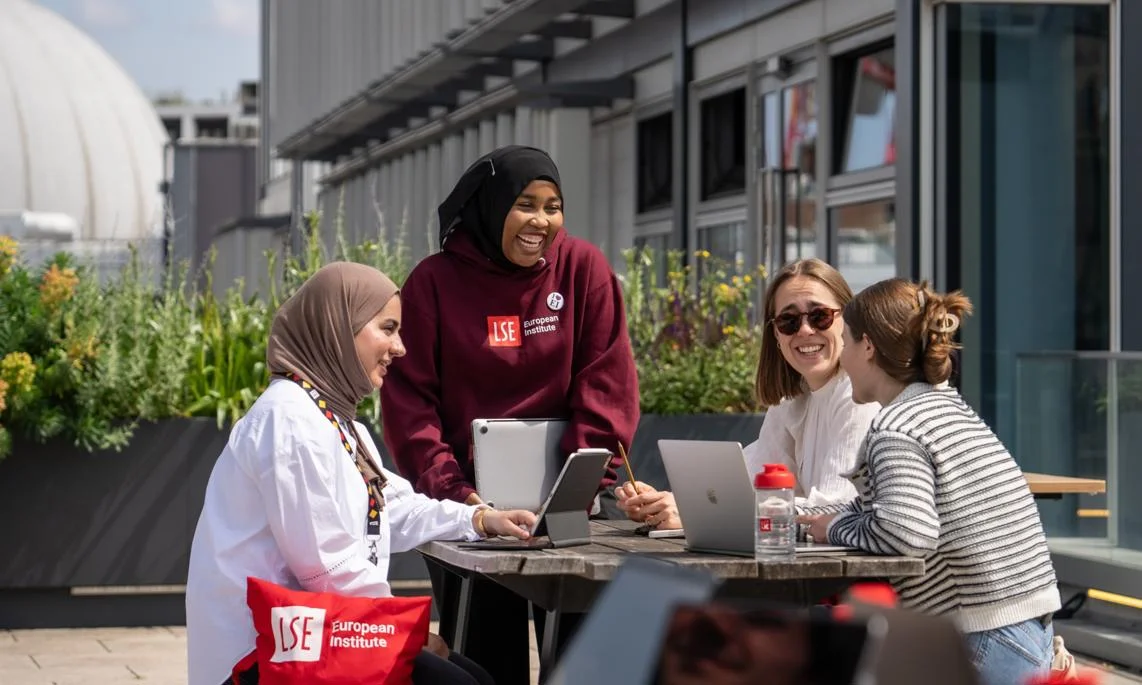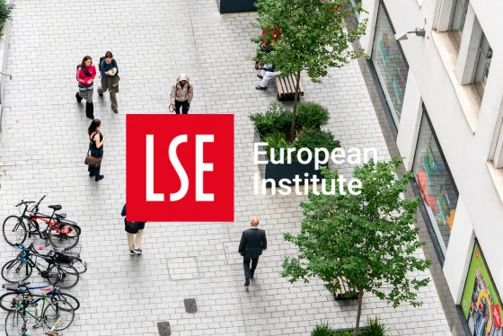Overview
Introduction
If you're looking to gain a comprehensive understanding of policy responses to immigration including migrant integration, the MSc International Migration and Public Policy programme is the perfect fit for you.
Our unique multidisciplinary approach to immigration will enable you to take a range of social science courses that will help you to see beyond the many myths and controversies that have developed in this highly contested area. By introducing you to material that is empirically rigorous, theoretically informed and comparatively oriented we'll help you deepen your knowledge of this central aspect of globalisation in the contemporary world. A major strength of the programme is a focus on policy responses to migration at national and international levels where supra-national organisations such as the European Union have a growing role.
You'll also have the advantage of studying at an international campus in close proximity to national policy-makers and offices of international organisations, and will have the opportunity to attend and participate in the established public lecture and seminar series organised by the European Institute.
Join us and become part of a dynamic community of scholars, thinkers, and innovators who are shaping the future of global migration policy.
Entry requirements
Minimum entry requirements for MSc International Migration and Public Policy
Upper second class honours (2:1) degree or equivalent in social science, or in another field with relevant work experience.
Please select your country from the dropdown list below to find out the entry requirements that apply to you.
Overseas
English language requirements
The English language requirement for this programme is Higher. Read more about our English language requirements.
Competition for places at LSE is strong. So, even if you meet the minimum entry requirements, this doesn't guarantee you an offer of a place.
However, please don’t feel deterred from applying – we want to hear from all suitably qualified students. Think carefully about how you can put together the strongest possible application to help you stand out.
Programme content
Year 1
The programme is divided into three parts: foundation (courses which provide a thorough grounding in immigration and migrant integration issues); specialisation (through a wide range of optional migration- and migration-related courses offered across LSE); and research (a 10,000-word research project on an advanced topic).
Additionally, you'll take the non-assessed course Engaging with Europe: Professional Skills, which is a programme designed for your professional development.
Courses to the value of two units from a range of options
Why study with us
Discover more about our students and department.
Meet the department
The European Institute is a multidisciplinary centre for the study of European politics, economics and culture.
Founded in 1991, the institute is the UK's leading centre for the study of Europe, offering a range of master’s programmes and an extensive MPhil/PhD programme. Every year, we welcome more than 200 master’s and 30 doctoral students from all regions of the globe.
Our research spans four key themes – political economy, politics and policy, culture and society, and migration. Teaching and research draw on the expertise of staff from many different disciplines across LSE, including politics, economics and sociology.
The institute is outward facing. We run dozens of events each year, with workshops, seminars and presentations, welcoming high-profile speakers, including former presidents, prime ministers, foreign and finance ministers, distinguished scholars and influential commentators.
Internationally, we’ve forged close links with several partner institutions, including Sciences Po (Paris), Bocconi University (Milan), Fudan University (Shanghai), and Columbia University (New York) with whom we run double master’s programmes.
Why LSE
University of the Year 2025 and 1st in the UK in 2025 and 2026
Times and The Sunday Times - Good University Guide 2025 and 20261st in London for the 14th year running
The Complete University Guide - University League Tables 20266th in the world for the study of social sciences and management
QS World University Rankings by Subject 20256th in the world for leading the way in social and environmental sustainability
QS World University Rankings: Sustainability 2026Your application
Overview
We welcome applications from all suitably qualified prospective students. At LSE, we want to recruit students with the best academic merit, potential and motivation, irrespective of background.
We carefully consider each application and take into account all the information included on your application form, such as your:
- academic achievement (including predicted and achieved grades)
- statement of academic purpose
- two academic references
- CV.
See further information on supporting documents.
You may need to provide evidence of your English language proficiency. See our English language requirements.
When to apply
Applications for this programme are considered on a rolling basis. This means that applications will close once the programme is full.
There is no fixed deadline. However, if you’d like to be considered for any funding opportunities, you must submit your application (and all supporting documents) by the funding deadline. See the fees and funding section below for more details.
Fees and funding
The table of fees shows the latest tuition fees for all programmes.
You're charged a fee for your programme. At LSE, your tuition fee covers registration and examination fees payable to the School, lectures, classes and individual supervision, lectures given at other colleges under intercollegiate arrangements and, under current arrangements, membership of the Students' Union. It doesn't cover living costs or travel or fieldwork.
Home
Home student fee (2026/27)
For this programme, the tuition fee is different for home and overseas students depending on their fee status.
Overseas
Overseas student fee (2026/27)
For this programme, the tuition fee is different for home and overseas students depending on their fee status.
Learning and assessment
How you learn
How you're assessed
All taught courses are required to include formative coursework, which is unassessed. It's designed to help prepare you for your summative assessments, which count towards the course mark, and to the degree award. LSE uses a range of formative and summative assessments, such as essays, problem sets, case studies, reports, quizzes, exams, online assessments and many others. Summative assessment may be conducted during the course or by final examination at the end of the course. An indication of the formative coursework and summative assessment for each course can be found in the relevant course guide.
Graduate destinations
Overview
This programme provides an outstanding preparation for further research work or for a career in international institutions, the public services, NGOs or with one of the growing number of organisations in the private sector that are concerned with immigration issues.
Further information on graduate destinations for this programme
Median salary of our graduate taught students 15 months after graduating:
Top 5 sectors our students work in:
Career support
From CV workshops through to careers fairs, LSE offers lots of information and support to help you make that all-important step from education into work.
Many of the UK’s top employers give careers presentations at the School during the year and there are numerous workshops covering topics such as job hunting, managing interviews, writing a cover letter and using LinkedIn.
See LSE Careers for further details.

